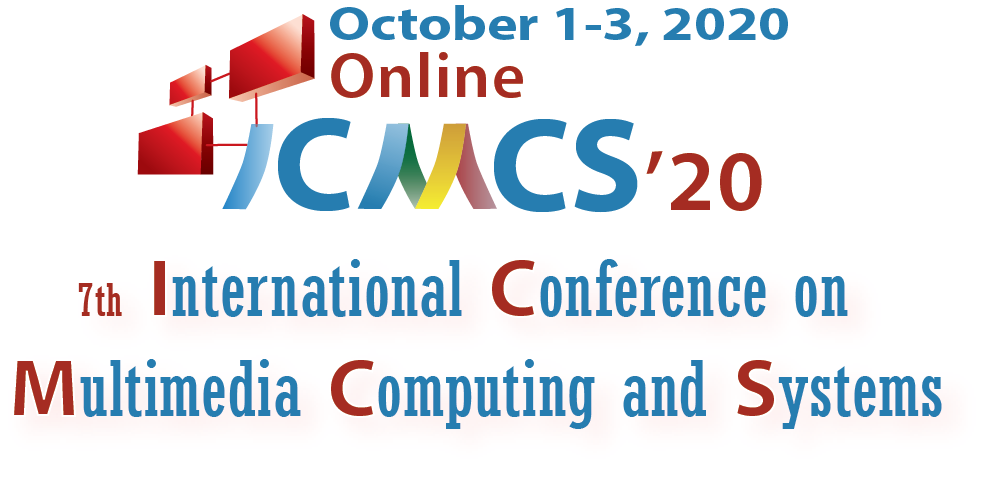
Faculty of Science
Marrakech, Morocco
By Prof. Hajar Mousannif, Faculty of Science, Marrakech, Morocco.
From Virtual Assistants communicating with humans and offering relevant responses to their queries in real time, to data analytics tools amassing torrents of data and using deep learning to sift through them and recognize patterns, the Artificial Intelligence field is growing at an unprecedented pace. AI is reshaping the way humans think, operate and live. Some of the AI applications are cool, with minor advances or significant impact and others aim at solving real problems that have a direct impact on people’s lives.
The aim of this talk is to highlight the advances in the AI field through 3 ongoing projects we’re carrying out in Morocco. We will describe our efforts related to designing a Machine-Learning-based crash avoidance/warning system, which can be harnessed as a promising tool to improve intervention efforts related to traffic intelligent transportation systems and enhance traffic/road safety. We will also describe our efforts in building a Decision Support System based on Graph Networks and Reinforcement Learning to model Covid19 propagation and optimize measures. And lastly, we will demonstrate a prototype of a stuttered speech correction system using Generative Adversarial Networks (GANs).
Biography
Hajar Mousannif is an associate professor and coordinator of the Master program in Data Science within the department of computer science at the Faculty of Sciences Semlalia (Cadi Ayyad University, Morocco). She holds a PhD degree in Computer Sciences on her work on Wireless Sensor Networks and Vehicular Networks. She received an engineering degree in Telecommunications in 2005. Her primary research interests include Artificial Intelligence, Machine Learning, Big Data, IoT, Human-Computer Interaction, and next-generation technologies. In addition to her academic experience, she chaired the Program Committee of many international conferences. Hajar Mousannif holds two patents on her work on Artificial Intelligence and was selected among 5 best female researchers in North Africa. She received many international awards such as L’Oréal-UNESCO Award and the Emerald Litterati Prize for Excellence.
Personal Website
